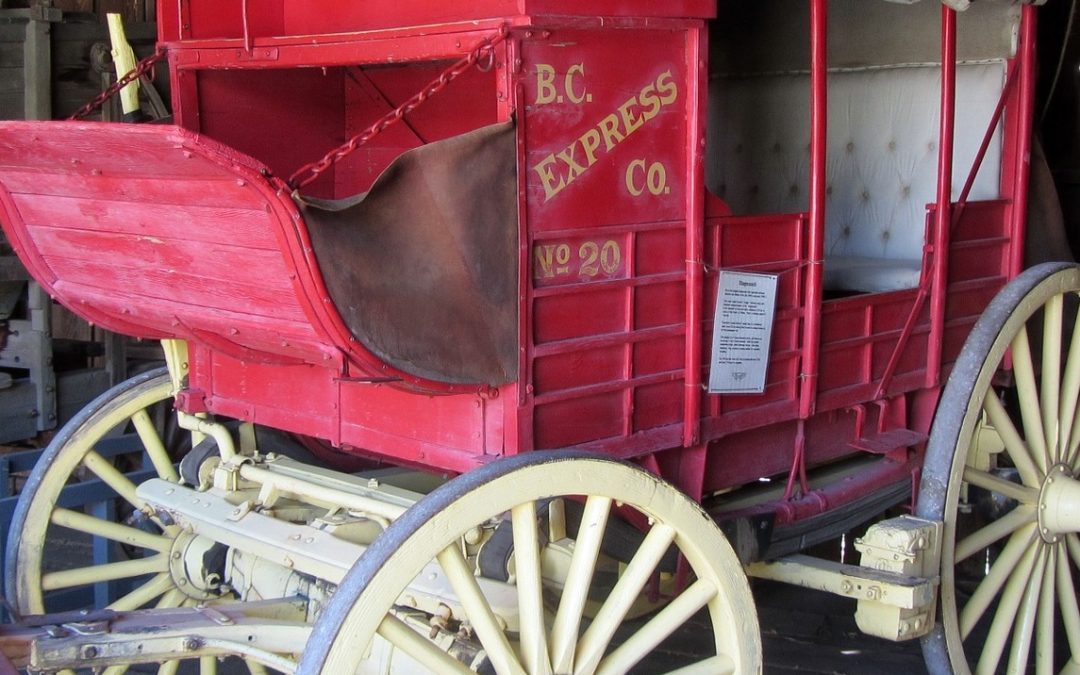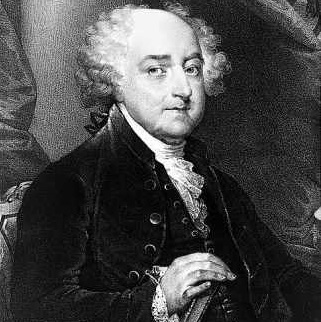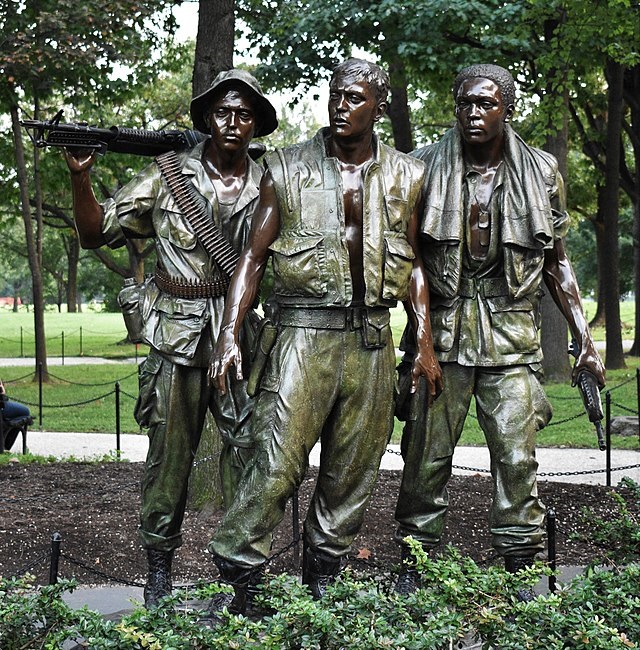
by Richard Subber | Jun 8, 2023 | American history, Book reviews, Books, History
“Last call! Stage leaves in 10 minutes!”
Book review:
Stage Coach and Tavern Days
by Alice Morse Earle
New York: The Macmillan Company, 1900
Reissued by Singing Tree Press, Detroit, MI
449 pages
Old-fashioned, folksy prose. Stage Coach and Tavern Days is just dripping with details for the sincere history buff or historian.
Just in case you forgot, taking a ride in a stagecoach was a noisy, dusty, bone-thumping experience…and there was no onboard bathroom.
If you have a secret love affair with stage coaches, and taverns, and spirituous beverages in the 18th century, dive in.
* * * * * *
Book review. Copyright © Richard Carl Subber 2023 All rights reserved.
Book review: The Sea Runners
…it informs, it does not soar…
by Ivan Doig
–
Seeing far: Selected poems with 47 free verse and haiku poems,
and the rest of my poetry books are for sale on Amazon (paperback and Kindle)
and free in Kindle Unlimited, search Amazon for “Richard Carl Subber”
* * * * * *
by Richard Subber | May 28, 2023 | American history, Book reviews, Books, History, Human Nature
self-serving lies, and dreams…
Book review:
The Self-Made Man in America:
The Myth of Rags to Riches
by Irvin G. Wyllie (1920-1974)
New York, The Free Press, 1954
210 pages
The Self-Made Man in America is a historian’s delight.
Wyllie offers the multiple meanings of “the self-made man” throughout American history, connecting historical elements of the American dream and the self-serving promotion of the concept by titans of industry and their bankers.
There is a panoply of quotations from key decision-makers throughout the decades that aid the reader in understanding how Americans at all ranks in the socioeconomic spectrum advocated, criticized, and embodied the siren song of “the self-made man.”
To be sure, Wyllie plainly states his verdict: “Throughout all our history the self-made man was the exception not the rule…success has been for the few, not the many….Men who occupy the lowest places in our society have known the facts for a long time…but…men on the bottom need dreams.” (p. 174)
* * * * * *
Book review. Copyright © Richard Carl Subber 2023 All rights reserved.
Book review:
Moral Tribes by Joshua Greene
he’s sincere, but off the mark…
–
In other words: Poems for your eyes and ears with 64 free verse and haiku poems,
and the rest of my poetry books are for sale on Amazon (paperback and Kindle)
and free in Kindle Unlimited, search Amazon for “Richard Carl Subber”
* * * * * *

by Richard Subber | May 14, 2023 | American history, Book reviews, Books, History, Joys of reading, Revolutionary War
…John Adams,
in the thick of it…
Book review:
John Adams
by David McCullough (1933-2022)
Simon & Schuster, New York, 2001
751 pages
Maybe you’re like me. Maybe you don’t think biography is the best way to do history. David McCullough’s Pulitzer Prize-winner is a reason to change your mind a bit.
John Adams, simply, is a really good book. McCullough helps you to warm up to this American icon and to his personal experience in leading the American Revolution and the first formative years of the American republic.
Adams, our first vice president and second president, was among the few who were in the thick of it from the beginning, and he never shrank from doing what he expansively viewed as his duty to his new country.
McCullough’s prose is a delightful experience for the serious historian and for the armchair dabbler who likes a good read. From cover to cover, John Adams is a lush, genuine presentation of a man, his loved ones, his career, his commitment to do good works and his never-flagging appreciation that the object of government should be to do the people’s business and make possible a decent life for all.
Adams, of course, couldn’t stop himself from being a politician, and he wasn’t the nicest kind.
The Alien and Sedition Acts were among the lowest points of American politics.
* * * * * *
Book review. Copyright © Richard Carl Subber 2023 All rights reserved.
Book review: Who Built America?
…including people
who got their hands dirty
by Christopher Clark and Nancy Hewitt
–
As with another eye: Poems of exactitude with 55 free verse and haiku poems,
and the rest of my poetry books are for sale on Amazon (paperback and Kindle)
and free in Kindle Unlimited, search Amazon for “Richard Carl Subber”
* * * * * *

by Richard Subber | May 9, 2023 | American history, Book reviews, Books, History, Human Nature, Politics
we ask too much…
Book review:
What It Is Like to Go to War
by Karl Marlantes
New York: Atlantic Monthly Press, 2011
256 pages
There are two kinds of readers who can presume to learn something from Marlantes’ second book, What It Is Like to Go to War: those who have combat experience, and those who don’t.
I guess you will feel just about every emotion while you’re reading it.
Of course we ask too much of our men and women who go to war.
Of course, sadly, we don’t know how to say “thank you” and we find it hard to figure out how to say “you don’t have to tell us everything you did, unless you want to.”
Of course we don’t say often enough “you’re still a good person.”
Marlantes’ first book was Matterhorn, a robustly intuitive assessment of the mind and experience of a warfighter.
* * * * * *
Book review. Copyright © Richard Carl Subber 2023 All rights reserved.
A poet is a “maker”
…and it doesn’t have to rhyme…
–
Above all: Poems of dawn and more with 73 free verse poems,
and the rest of my poetry books are for sale on Amazon (paperback and Kindle)
and free in Kindle Unlimited, search Amazon for “Richard Carl Subber”
* * * * * *

by Richard Subber | Apr 11, 2023 | Book reviews, Books, Reviews of other poets
Were you thinking “Goose grease”?
Book review:
American Poetry Observed: Poets on Their Work
Joe David Bellamy, ed.
Urbana, IL: University of Illinois Press, 1988
313 pages
The idea of this book is great. It would be marvelous to listen to these 26 poets talking about their work, and talking about making poems.
Bellamy has collected interviews with 26 poets, including a couple of my favorites: May Sarton and Galway Kinnell.
It’s no fault of the editor that American Poetry Observed is a lot of ponderous and hard-to-digest rumination about the meanings of poetry, the roles of influential poets, and what was on the minds of the interviewees when they were writing their poems. I don’t blame the poets too much, because they were responding to the interviewers’ questions.
The interviewers, sadly enough, were numbingly predictable, and, too often, self-importantly well-informed about the content of the interviewees’ work.
It just doesn’t seem valuable to me to read what a poet has to say when she’s asked something like “Did you have Eliot’s conception of J. Alfred Prufrock in mind when you wrote ‘Goose grease’ in 1942?”
* * * * * *
Book review. Copyright © Richard Carl Subber 2023 All rights reserved.
Book review: Lord of the Flies
Never more relevant…
by William Golding
–
As with another eye: Poems of exactitude with 55 free verse and haiku poems,
and the rest of my poetry books are for sale on Amazon (paperback and Kindle)
and free in Kindle Unlimited, search Amazon for “Richard Carl Subber”
* * * * * *

by Richard Subber | Apr 4, 2023 | Book reviews, Books, Joys of reading, Language
enticements to lingering reverie…
Book review:
Twice-Told Tales
by Nathaniel Hawthorne (1804-1864)
London: J. M. Dent & Sons, Ltd.
First published in 1837 (first series) and 1842 (second series)
This edition first printed 1911, reprinted 1964.
357 pages.
We preserve the remnants of our youth in chambers of the brain that often are, for good or ill, inaccessible to our conscious minds.
The baubles of memory in Twice-Told Tales are potent sparks that guide us to the once-remembered moments, the enticements to lingering reverie that fills new moments with newly imagined memories that rescue us from once-remembered despair, and fill the blank spaces with second chances.
Hawthorne collected such moments of youth, such bauble treasure, in “Dr. Heidegger’s Experiment,” in the fertile and fervid desperations of four venerable friends who eagerly swallow an elixir that boosts them to a capering re-enactment of their youth—but oh, so brief, so immaterial, so ephemeral that the long glass in the room can only reflect their withered miens, and none of the hot young beauty that they see again, for precious moments, in the emboldened gazes that they share.
Hawthorne’s Twice-Told Tales include “Dr. Heidegger’s Experiment” and 38 other short stories (originally published in 1837 and 1842) showing off his evocative prose, and embracing a wide range of human emotions.
You’ll be able to find something you like.
* * * * * *
Book review. Copyright © Richard Carl Subber 2023 All rights reserved.
Book review:
The American Revolution: A History
The “Founders” actually were afraid
of “democracy”…
by Gordon S. Wood
–
As with another eye: Poems of exactitude with 55 free verse and haiku poems,
and the rest of my poetry books are for sale on Amazon (paperback and Kindle)
and free in Kindle Unlimited, search Amazon for “Richard Carl Subber”
* * * * * *




